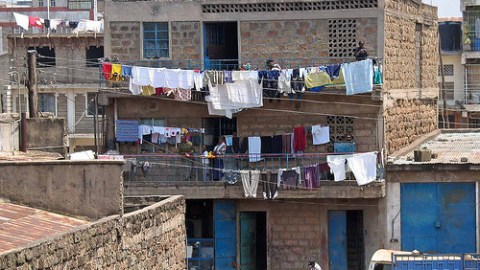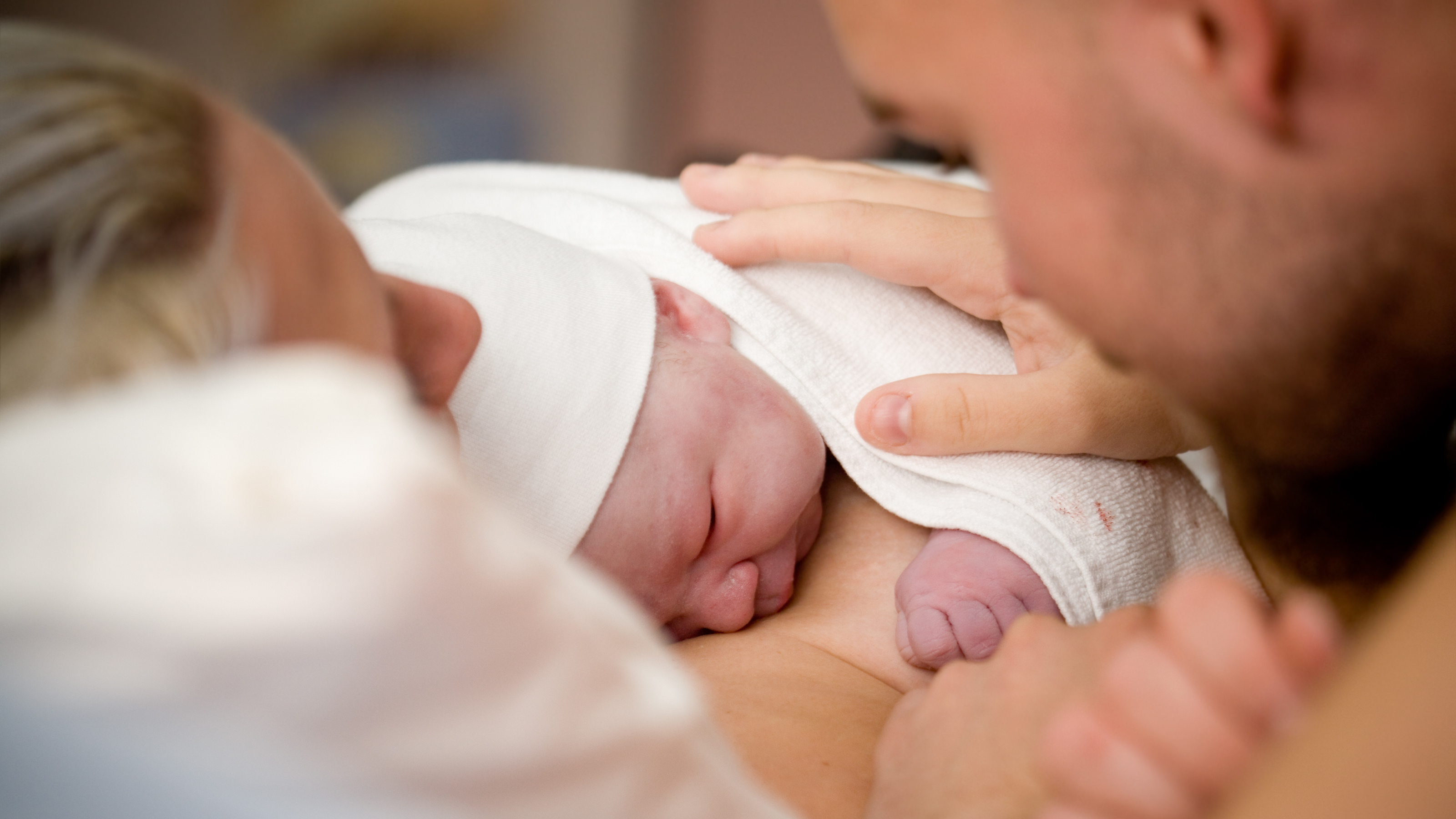Illegal Abortion Kills Kenyan Women

Botched illegal abortions kill thousands of Kenyan women every year, according to a report released today by the Center for Reproductive Rights, a New York-based NGO dedicated to advancing reproductive freedom through U.S. and international law. The report is based on interviews with dozens of Kenyan women, policy-makers, and health care providers. CRR investigators found that a staggering 35% of all maternal deaths in Kenya are due to unsafe abortions. At least 2,600 women die from complications of unsafe abortions every year and another 21,000 are hospitalized at great cost to Kenya’s cash-strapped health system. Kenyan health care providers told CRR the true numbers are probably much higher because so many women never seek medical attention. When they die, the true cause is seldom recorded.
Many of the victims are schoolgirls. Pregnant teens in Kenya face a double bind: They can be kicked out of school for getting pregnant, 13,000 are expelled every year for pregnancy–but they can also get expelled if they get caught trying to get an abortion. So, they have even more incentive to get covert, unsafe procedures and delay seeking medical attention for complications.
Elective abortion is illegal in Kenya. On paper, rape victims still have the right to terminate their pregnancies, but in practice many are denied the option.
The report tells the story of “Sarah,” a 14-year-old rape victim from Kibera, a massive slum of the capital city of Nairobi. Sarah’s abortion was performed by a friend of a friend because the hospital refused to perform the procedure. Predictably, an infection set in, but she didn’t go to the hospital because she was afraid of being arrested. Sarah spent her final month at home, bedridden and in pain. She died on June 29, 2009.
The report argues that Kenya’s abortion laws violate international law by failing to protect women and girls:
“[T]his failure to protect the lives of women and girls also has consequences underinternational law, constituting violations of human rights under both the African Charter’s Protocol onthe Rights of Women in Africa (Maputo Protocol) and treaty interpretations by international human rights bodies. The rights violations documented in this report make clear that the lack of access tosafe abortion is responsible for the deaths and health burdens of thousands of women and seriouslyundermines the quality of care both provided and received in Kenyan healthcare facilities.”
The report urges the Government of Kenya to publicly acknowledge the importance of reducing unsafe abortions as part of its commitment to reducing maternal mortality, one of the United Nations’ eight Millennium Development Goals (MDGs). All UN member states, including Kenya, have pledged to meet the MDGs by 2015.
Photo Credit: Flickr user yaruman5, licensed under Creative Commons.





